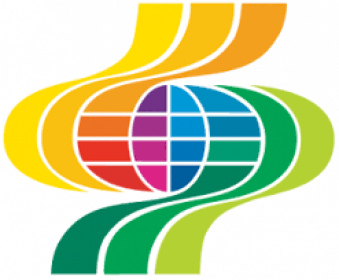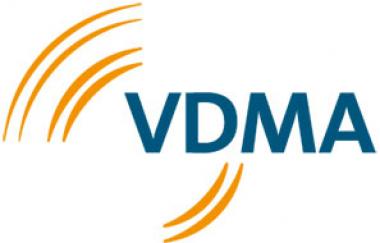VDMA: Dr. Janpeter Horn New Chairperson of Textile Machinery Association
Dr. Janpeter Horn, Managing Director of August Herzog Maschinenfabrik, is the new Chairperson of the VDMA Textile Machinery. Dr. Horn was elected at the members’ meeting of the Association in Leonberg. The new Executive Board is completed with Ms. Regina Brückner, Managing Associate of Brückner Trockentechnik and Ms. Verena Thies, Managing Shareholder of Thies Textilmaschinen, who were elected as Vice Chairpersons.
After his election, Dr. Horn stated: “I am pleased to have Ms. Brückner and Ms. Thies by my side. Both have been serving on the Executive Board of the VDMA Textile Machinery as well as the European Committee of Textile Machinery Manufacturers CEMATEX for many years. With this team, we are well prepared to effectively represent the interests of the industry at national and international level.”
Based in Oldenburg, Northern Germany, Herzog is a company with a long tradition and at the same time the most innovative developer and manufacturer of braiding and winding machinery. Worldwide references in braiding and winding technique confirm the company’s technical and quality leadership.
The new Executive Board of the VDMA Textile Machinery for the legislative period until 2026 is composed of:
- Dr. Janpeter Horn (Chairperson), August Herzog Maschinenfabrik
- Regina Brückner (Vice Chairperson), BRÜCKNER Trockentechnik
- Verena Thies (Vice Chairperson), THIES
- Peter D. Dornier, Lindauer DORNIER
- Stefan Flöth, A. Monforts Textilmaschinen
- Arno Gärtner, KARL MAYER STOLL Textilmaschinenfabrik
- Markus Kleindorp, MEMMINGER-IRO
- Andreas Lukas, ANDRITZ Küsters
- Benjamin Mayer, Mayer & Cie.
- Dr. Jörg Morgner, Temafa Maschinenfabrik
- Benjamin Reiners, Reiners + Fürst
- Dr. Uwe Rondé, Saurer Group
- Eric Schöller, Groz-Beckert
- Georg Stausberg, Oerlikon Textile
- Heinrich Trützschler, Trützschler Group
VDMA e. V.
Textilmaschinen
















